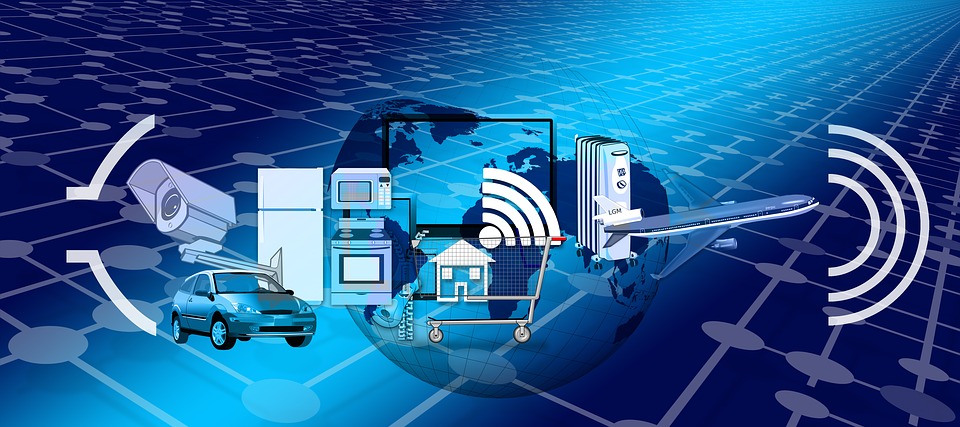Narrow-band IoT – The Future of Smart Parking Systems
Smart parking can become tricky to implement in the event of frequent delays caused by network issues. This can be further complicated by the rising demand for available space and the inability of parking systems to accommodate vehicles. Narrow-band IoT is the answer to the problem and is fast shaping the future of smart parking systems.
With the inception of Narrow-band IoT aka NB-IoT in 2016, smart parking promises to deliver even greater efficiencies. NB-IoT is a Low Power Wide Area Network (LPWAN) cellular technology that has made communication for devices and services faster.
Let’s see how it enjoys an advantage over traditional systems.
1. Less Traffic
The problem of congested parking lots is caused by people either looking for an available spot or vehicles parked haphazardly because their booking request could not get processed. NB-IoT solves this problem by speeding the process of transmission of requests from the user to the parking operator. All it takes is an app that the users can download onto their smartphones which they can use to book an available spot.
2. Low Investment
Employing NB-IoT requires no extra equipment with existing IoT devices being upgraded for use. As long as a parking facility has the necessary infrastructure such as base stations and a cellular network, it can benefit from the improvements and software updates that come with this breakthrough technology. The system is also designed to be easy to install and compact.
3. Wider Coverage
With NB-IoT, devices connect faster with each other. Moreover, its range of networks is wider than the existing Bluetooth and Wi-Fi connections. In old networks, there was a chance of losing track of the car as it went lower into the multi-level parking due to the poor network. With the inception of NB-IoT, this problem is solved.
4. Smart City IoT platform
Companies like Park and Joy and Deutsche Telekom are using NB-IoT to collaborate with state authorities in constructing a single smart city IoT platform. Here, information from different parking lots and garages can be collated for efficient parking management and tracking the state of parking affairs.
5. Rise in Efficiency
NB-IoT makes parking facilities more efficient. In contrast to slow networks of the past that took a long time to transmit information across IoT devices, NB-IoT halves the time required to transmit information. This means that less energy is consumed by smart parking machinery like sensors, making them durable and cost-efficient. In fact, the battery used in a sensor can last up to eight years, which keeps maintenance costs low.
6. Reliability
The NB-IoT Forum is a licensed spectrum of reliable members such as Nokia, Vodafone, and Ericsson to name a few. NB-IoT services are provided by such trusted names which should displace any fear of being tricked or cheated.
Countries like Croatia, the Czech Republic, Romania, and Germany have been quick to embrace the many benefits brought by the inception of NB-IoT. The technology promises to revamp older smart parking systems by increasing their speed, efficiency, and reliability. As more countries adopt this technology, NB-IoT promises to shape the future of smart parking.

